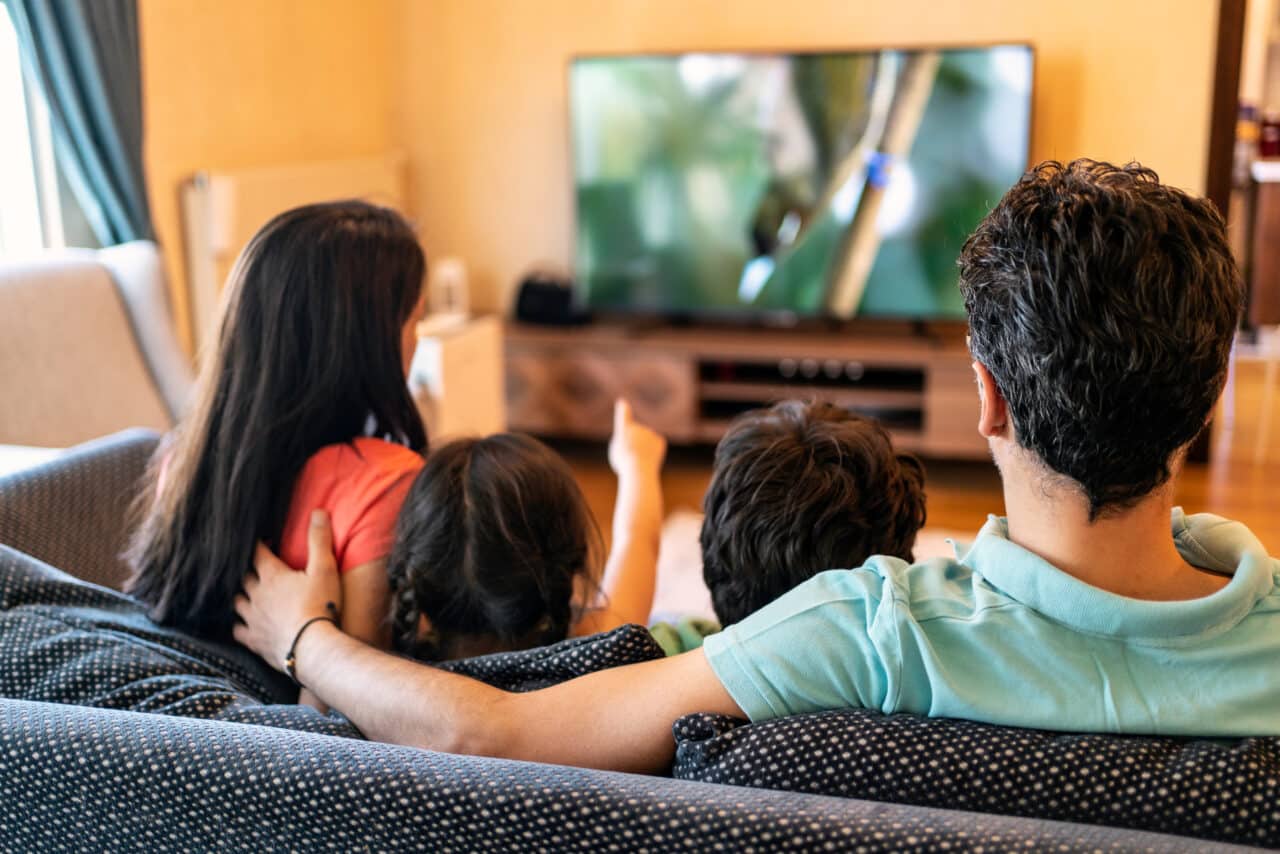
You’re watching the latest episode of your favorite TV show, wrapped up in the story and hanging on each actor’s every word. Suddenly, you can’t make out a sentence, blurt out, “What did she say?” and completely lose the plot.
Struggling to hear your TV is a telltale sign of hearing loss. Unfortunately, modern TVs, speakers and other factors don’t make it any easier.
Why Hearing Your TV Is Sometimes Hard
Poor TV Speaker Sound—The speakers in your TV are likely tiny, offer unsatisfactory sound quality and are set to the manufacturer’s setting. To fine-tune your listening experience, go to your TV’s Sound menu and select Dialogue, News or Speech Boost mode to make speech clearer. Also, consider turning down the bass, which can overwhelm dialogue.
Soundbar or External Speaker Snafus—These devices likely provide better sound than your TV speakers but can still be insufficient. You’ll want to ensure speakers aren’t too close to a wall or inside a cabinet, activate the speech-improving Movie mode on your soundbar and remove speaker grills.
Movie Dialogue Getting More Challenging To Understand—Today’s films may use a more real-life style, where you’re not supposed to hear every word and the actors mumble. On set, capturing speech with a boom mic close to an actor may not work with the visuals of the shot, leading to softer, less clear dialogue. And mixing sound for TV streaming can be challenging, resulting in less-than-optimal sound quality.
Regardless of your TV settings, if you find yourself needing to turn the volume up, you should talk to our expert providers about a hearing test.
In the meantime, consider using the Closed Captioning mode on your TV or a streamer (if you already have hearing aids) to help you hear speech better.